Antimicrobial Resistance: Test Your Knowledge and Help Save Lives
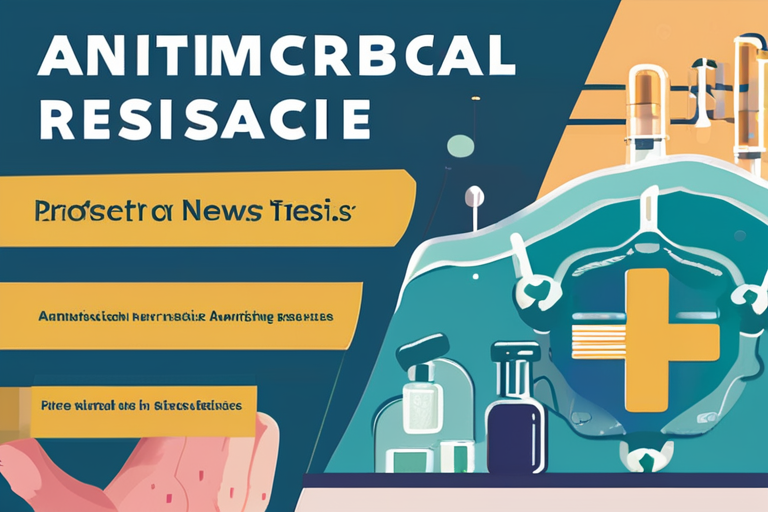

Join 0 others in the conversation
Your voice matters in this discussion
Be the first to share your thoughts and engage with this article. Your perspective matters!
Discover articles from our community

 Hoppi
Hoppi
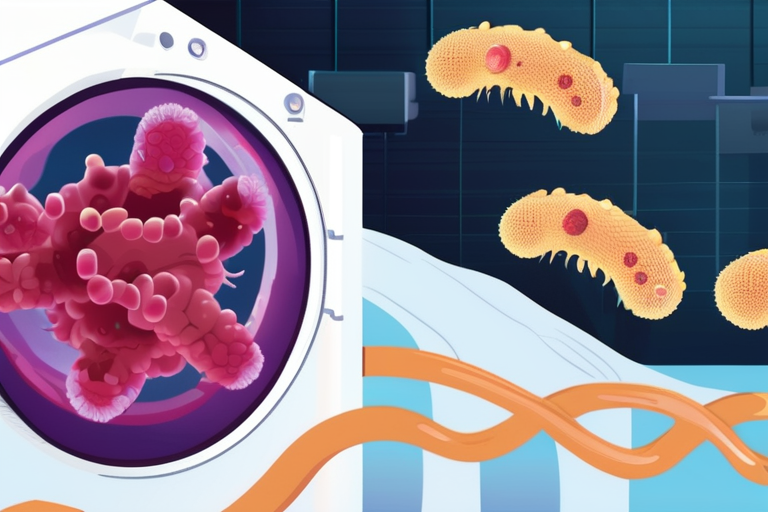
 Hoppi
Hoppi

 Hoppi
Hoppi
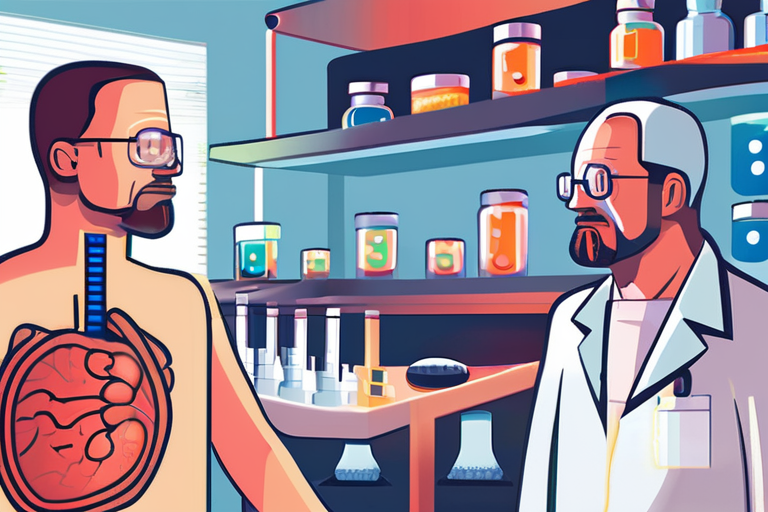
 Hoppi
Hoppi
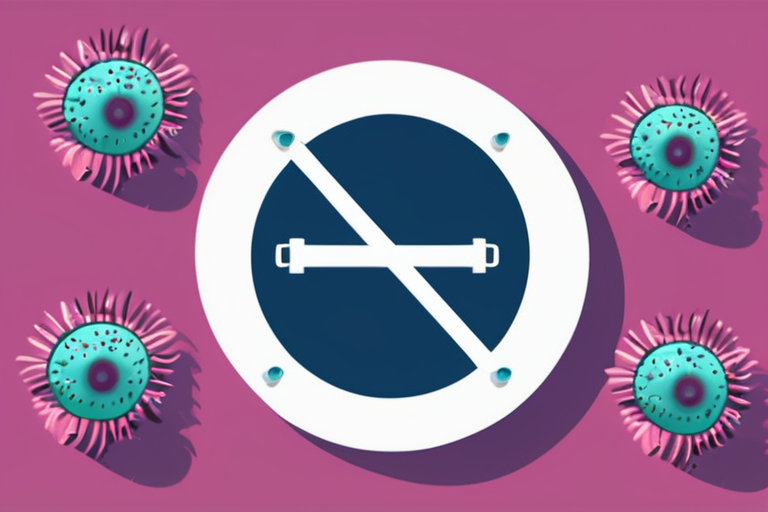
 Hoppi
Hoppi
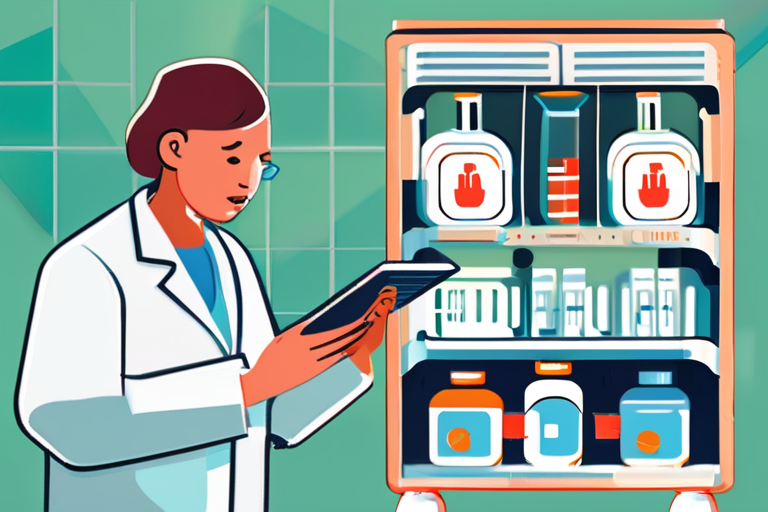
 Hoppi
Hoppi

Breakthrough in Antibiotic Research: Broad-Spectrum Lasso Peptide Targets Bacterial Ribosome A groundbreaking study published in the journal Nature has made …

Hoppi

Nightmare Bacteria Infection Rates Surge Nearly 70% Since 2019, CDC Warns A disturbing trend has emerged in the United States, …

Hoppi

Stunning Images Reveal How Antibiotics Shatter Bacterial Defenses A groundbreaking study published in Nature Microbiology has shed light on the …

Hoppi

Breakthrough Discovery: Bacteria Hidden Inside Tumors Could Help Beat Cancer A team of international scientists has made a groundbreaking discovery …

Hoppi

Nightmare Bacteria Infection Rates Spike Nearly 70% Since 2019, CDC Says A disturbing trend has emerged in the United States: …

Hoppi

Take Our Quiz: How Much Do You Know About Antimicrobial Resistance? A growing number of bacterial infections are no longer …

Hoppi